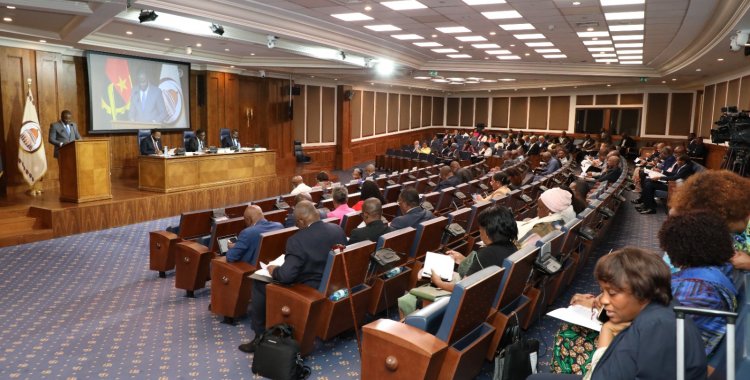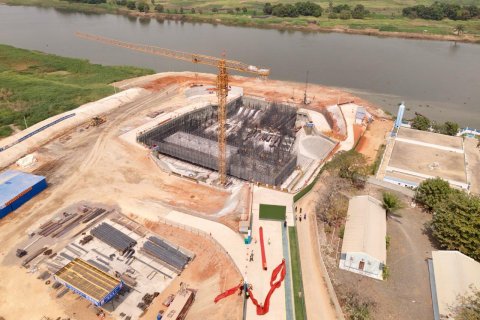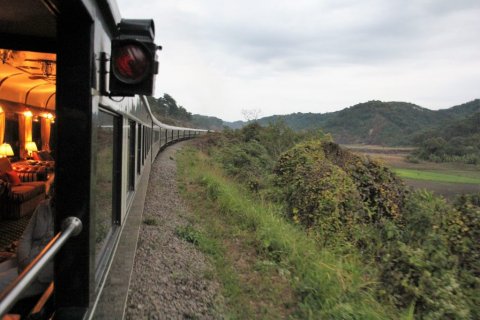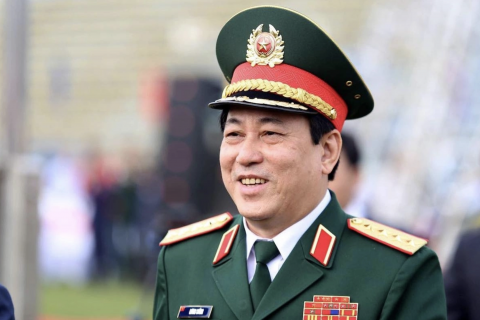In a statement that VerAngola had access to, the parliament reported that the National Assembly's specialized working committees resumed "discussion and voting, in detail, on the proposals and bills that comprise the electoral legislative package," in a session coordinated by the Constitutional and Legal Affairs Committee (1st). The work focused on the proposed law to amend the Official Voter Registration Law.
"In the session, one of the most debated topics was the mandatory proof of life requirement, a point that initially divided the parliamentary benches and the Executive branch, but ultimately achieved consensus. The agreed rule establishes that proof of life will be mandatory only in the pre-election year, ceasing to be mandatory in subsequent years," the statement reads.
Another point that required special attention was related to the "connection between article 25 of the Executive's proposal and article 24 of the UNITA bill, both relating to the communication of deaths within the scope of proof of life."
"Disagreements over who should have the authority to declare a citizen's death, particularly the role of religious, traditional, and family authorities, led parliamentarians to suggest reconciling the two drafts to avoid legal and administrative risks," the statement added.
The deputies also drew attention to the "need for legal safeguards, particularly regarding presumed death and the potential provision of false declarations, with potential implications for citizens' assets and inheritance law." Some deputies, for example, "advocated the introduction of sanctions for those who provide false information" and questioned the "feasibility of requiring appropriate documents in rural areas, where civil registration is scarce."
On the occasion, Deputy Milonga Bernardo, rapporteur of the bill, emphasized the "spirit of rapprochement and dialogue" that has characterized the debates.
"Today was marked by the continuation of the prospect of rapprochement between the parliamentary benches and the Executive branch, so that we can have an amendment bill that brings together the broadest consensus," he said.
"At the beginning of the discussions, there were two views: one that argued that proof of life was not mandatory and another that considered it mandatory. As a result of the debates and the spirit of compromise, it was agreed that proof of life should be mandatory, exceptionally in the pre-election year," he clarified, quoted in the statement.
According to the representative, this decision "eliminates other proposals that advocated for proof of life every year, considering that mandatory proof in the pre-election year is sufficient to guarantee the reliability of the registration."
According to the parliament's note, the meeting continues this Wednesday, "with the vote on the Law to Amend the Law on Unofficial Electoral Registration, followed by the discussion of the proposal and the draft amendment to the law of the National Electoral Commission (CNE), with the final global vote on the entire legislative package expected to take place in plenary in the coming days."







